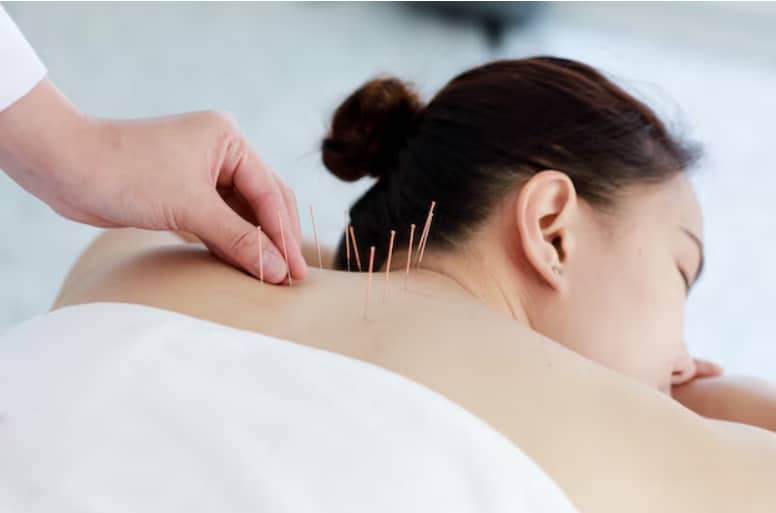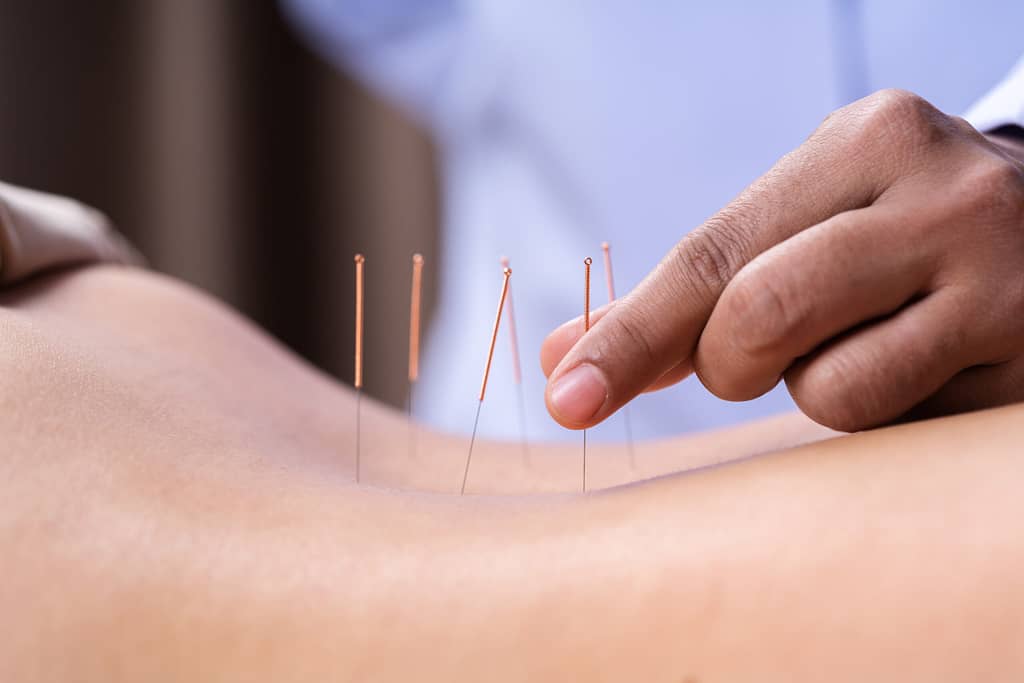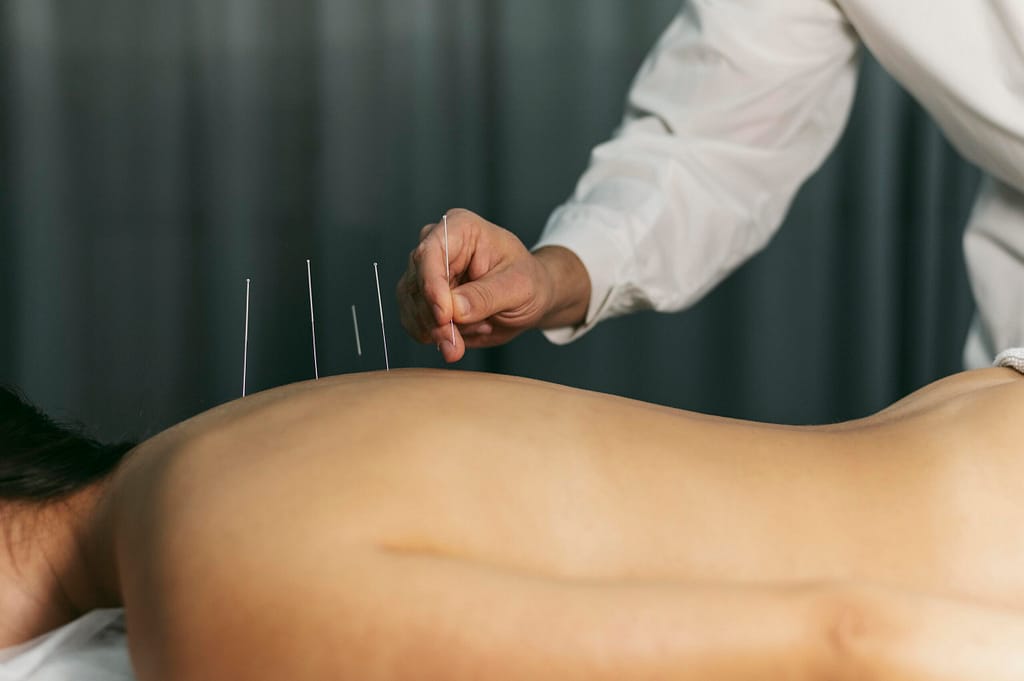
Preparing for an acupuncture session involves more than just showing up. Providing accurate medical history and current health information to the acupuncturist, wearing comfortable clothing, and following post-session care can improve the treatment’s effectiveness. Simple lifestyle adjustments, such as avoiding caffeine and ensuring proper rest, can enhance the overall results. Understanding what to communicate and how to optimize acupuncture sessions ensures the best possible healing experience.
What to Tell Your Acupuncturist?
Inform your acupuncturist about your medical history, current symptoms, medications, lifestyle habits, and emotional well-being to ensure a personalized and effective treatment plan.
Open communication with an acupuncturist helps tailor the treatment to individual needs. It is essential to share details about existing medical conditions, past injuries, medications, or supplements taken, as these can influence the effectiveness of acupuncture.
Describing symptoms, including pain levels, sleep patterns, digestion issues, and emotional health, allows the practitioner to select the best acupuncture points. Mentioning lifestyle habits, such as caffeine intake, stress levels, or physical activity, also helps in creating a holistic treatment approach.
Being honest about all health concerns ensures that Guide acupuncture sessions are safe and provide maximum benefits.
What to Wear to Acupuncture?
Wear loose, comfortable clothing that allows convenient access to acupuncture points, such as short sleeves and loose pants. Avoid tight or restrictive outfits.
Acupuncture involves inserting fine needles at various points on the body, including arms, legs, abdomen, and back. Wearing loose clothing ensures convenient access to these areas without requiring excessive undressing. Comfortable attire, such as t-shirts, shorts, or sweatpants, allows the practitioner to perform the treatment efficiently while keeping the patient relaxed.
If the session involves back or stomach acupuncture, wearing layers or a top that can be lifted easily is ideal. Avoid wearing tight, restrictive clothing, as it may hinder circulation and comfort during the session. Wearing comfortable attire promotes relaxation and contributes to a more effective acupuncture experience.

Should You Rest the Day After Acupuncture?
Light rest is recommended after acupuncture to allow the body to process the treatment. Avoid strenuous exercise or stressful activities for optimal healing.
Acupuncture stimulates energy flow and triggers the body’s natural healing response. After a session, it’s common to feel deeply relaxed or slightly fatigued as the nervous system shifts into a parasympathetic state (rest and repair mode). While complete bed rest is not necessary, engaging in gentle activities such as walking, meditation, or deep breathing supports the healing process.
Strenuous exercise, excessive screen time, or intense work-related stress should be avoided after acupuncture to prevent overwhelming the body. Adequate rest allows the treatment’s effects to fully integrate, supporting better circulation, reducing inflammation, and enhancing overall well-being. Paying attention to your body’s needs after acupuncture ensures longer-lasting benefits and a more effective healing process.
How to Make Acupuncture More Effective?
Stay hydrated, eat a light meal before treatment, follow a consistent schedule, avoid alcohol and caffeine, and engage in relaxation techniques for better acupuncture results.
The effectiveness of acupuncture depends on how well the body responds to treatment. Staying hydrated before and after a session helps maintain smooth energy flow, while eating a light meal prevents dizziness. A consistent acupuncture schedule allows cumulative benefits to take effect, making regular sessions more impactful.
Avoiding alcohol and caffeine before treatment helps prevent overstimulation of the nervous system, ensuring acupuncture works efficiently. Engaging in mindfulness, yoga, or breathing exercises enhances relaxation and extends the session’s benefits. Adopting a holistic approach to acupuncture, including proper nutrition and stress management, maximizes the healing potential of each session.

Should You Take a Break from Acupuncture?
Taking a break from acupuncture is sometimes necessary to assess progress, allow the body to adjust, or prevent overstimulation. Consulting an acupuncturist helps determine the right timing.
While regular acupuncture sessions are beneficial, taking a break at the right time ensures balance and effectiveness. Some individuals experience rapid improvement and may not need frequent sessions. Others might reach a healing plateau, where a short pause allows the body to integrate the benefits fully.
Overstimulation, fatigue, or feeling overly sensitive to treatments are also signs that a break may be helpful. A discussion with an acupuncturist can help determine whether continuing, reducing frequency, or pausing sessions is the best approach. Once the body stabilizes, acupuncture can be resumed as part of a long-term wellness routine.
Why No Caffeine After Acupuncture?
Caffeine should be avoided after acupuncture, as it can interfere with relaxation, overstimulate the nervous system, and reduce the treatment’s calming effects.
Acupuncture promotes a state of deep relaxation and balances the nervous system. Consuming caffeine immediately after a session can counteract these benefits by increasing heart rate, stimulating adrenaline, and disrupting energy flow.
Since acupuncture works to restore equilibrium, caffeine-induced stimulation may hinder this process. Additionally, acupuncture enhances circulation and detoxification, and caffeine can sometimes contribute to dehydration, affecting the body’s ability to absorb treatment benefits.
Opting for herbal tea, water, or calming drinks like chamomile tea supports the post-session healing process. Avoiding caffeine for a few hours or the rest of the day ensures the full benefits of acupuncture are realized.
Conclusion
Maximizing the benefits of acupuncture involves proper preparation, open communication, and post-session care. Wearing comfortable clothing, staying hydrated, resting as needed, and avoiding stimulants like caffeine enhance effectiveness. Listening to the body’s needs and following an acupuncturist’s recommendations ensure long-term healing and overall well-being.

